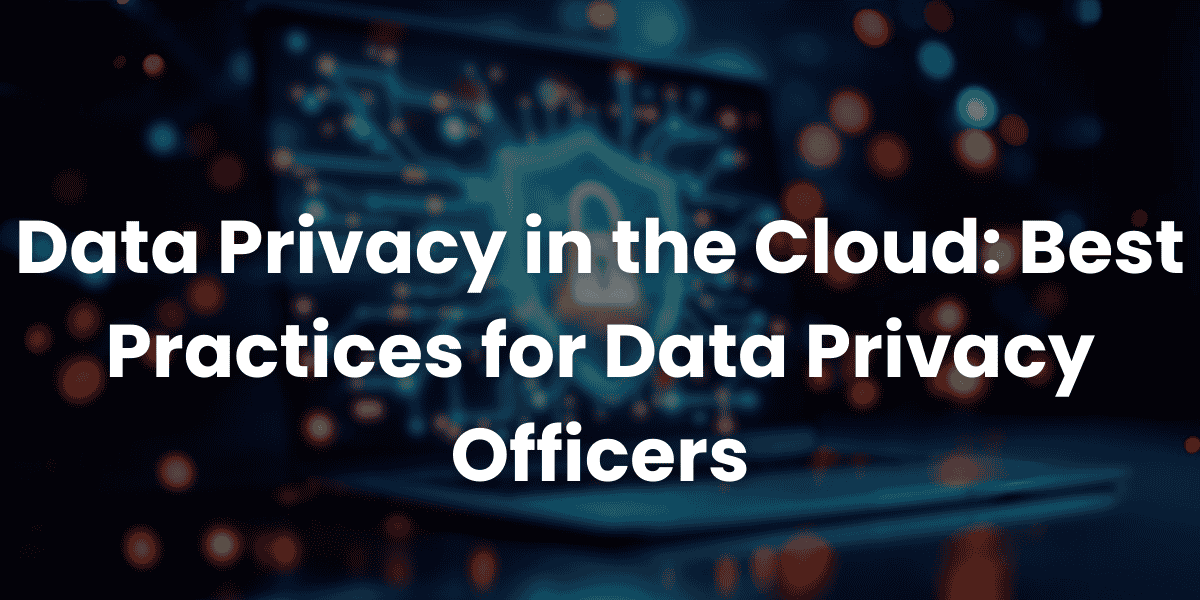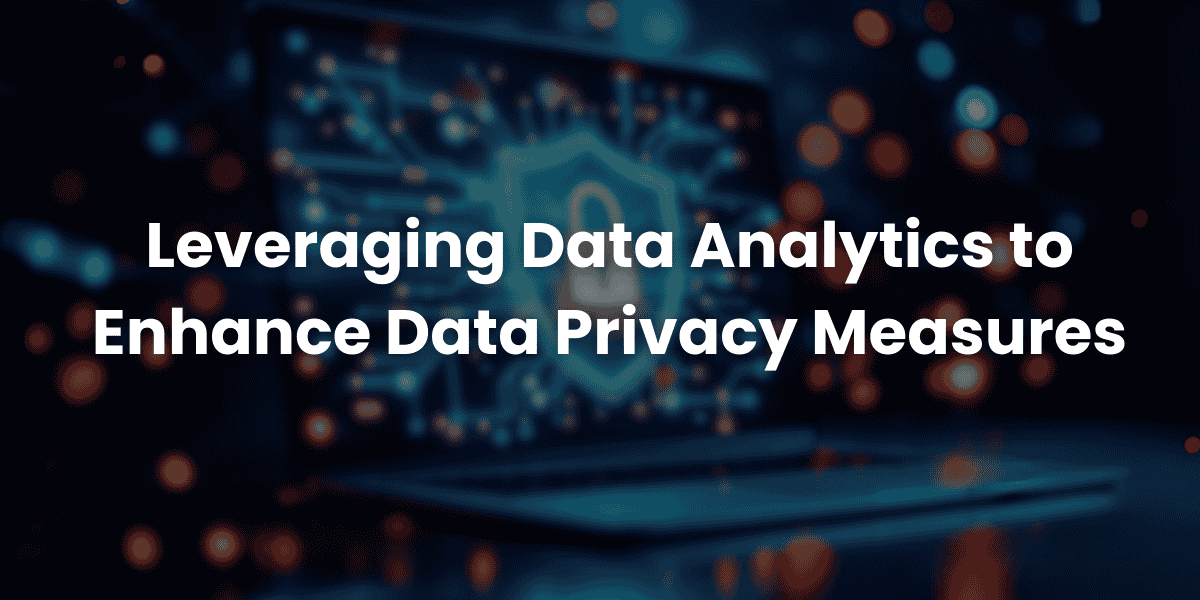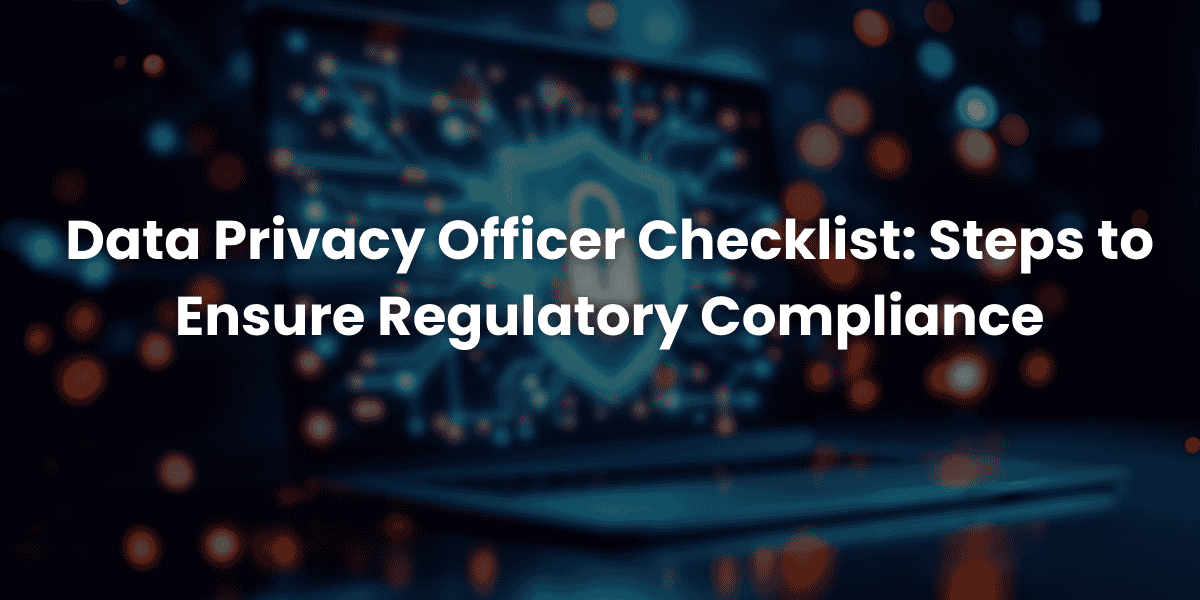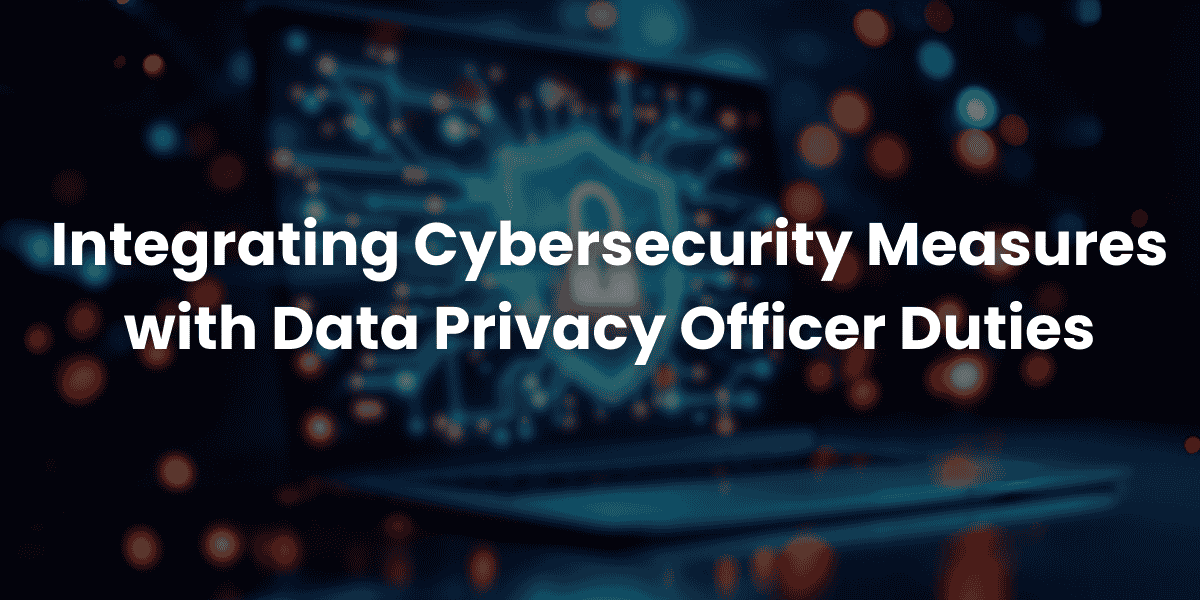As organizations increasingly migrate to cloud-based systems, ensuring data privacy in the cloud has become a top priority. A Data Privacy Officer plays a critical role in safeguarding sensitive information stored and processed in cloud environments. This article outlines best practices that a Data Privacy Officer can implement to protect data privacy in the cloud effectively.
1. Understand Cloud Service Models and Their Implications
A Data Privacy Officer must understand the differences between cloud service models—Infrastructure as a Service (IaaS), Platform as a Service (PaaS), and Software as a Service (SaaS). Each model has unique privacy and security implications. By understanding these differences, a Data Privacy Officer can tailor privacy measures to the specific risks associated with each model.
2. Conduct Vendor Risk Assessments
When selecting a cloud provider, a Data Privacy Officer should conduct thorough risk assessments to evaluate the provider’s data protection practices. This includes reviewing compliance certifications, encryption standards, and incident response capabilities. A Data Privacy Officer ensures that the provider aligns with the organization’s privacy requirements.
3. Implement Strong Encryption Protocols
Encryption is a cornerstone of data privacy in the cloud. A Data Privacy Officer ensures that data is encrypted both at rest and in transit. By implementing strong encryption protocols, a Data Privacy Officer minimizes the risk of unauthorized access and data breaches.
4. Enforce Access Controls and Identity Management
A Data Privacy Officer enforces strict access controls to ensure that only authorized personnel can access sensitive data in the cloud. This includes implementing multi-factor authentication (MFA) and role-based access controls (RBAC). A Data Privacy Officer also monitors user activity to detect and prevent unauthorized access attempts.
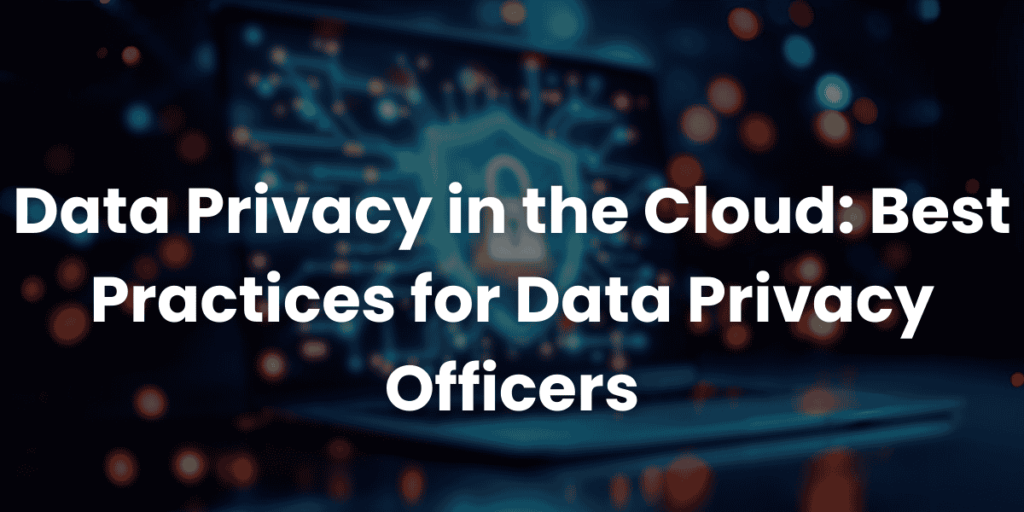
5. Develop a Comprehensive Data Retention Policy
Storing excessive data in the cloud increases the risk of breaches and non-compliance. A Data Privacy Officer develops a data retention policy that specifies how long data should be stored and when it should be deleted. By minimizing data retention, a Data Privacy Officer reduces exposure to risks while adhering to data minimization principles.
6. Ensure Compliance with Data Protection Regulations
Cloud environments often involve cross-border data transfers, which can complicate compliance with regulations like GDPR or CCPA. A Data Privacy Officer ensures that data transfers comply with applicable laws, such as using standard contractual clauses or binding corporate rules. Compliance is essential for avoiding penalties and maintaining trust.
7. Monitor and Audit Cloud Activities Regularly
A Data Privacy Officer conducts regular audits and monitoring of cloud activities to identify potential vulnerabilities. This includes reviewing logs, analyzing access patterns, and assessing security configurations. Continuous monitoring helps a Data Privacy Officer detect and address risks proactively.
8. Train Employees on Cloud Security Best Practices
Employee awareness is crucial for maintaining data privacy in the cloud. A Data Privacy Officer provides training sessions to educate employees about cloud security best practices. Topics include recognizing phishing attempts, securing cloud credentials, and handling sensitive data responsibly. Training reduces human error and strengthens the organization’s security posture.
9. Prepare for Data Breaches and Incidents
A Data Privacy Officer develops an incident response plan specifically for cloud environments. This plan outlines steps for detecting, containing, and mitigating data breaches. By preparing for potential incidents, a Data Privacy Officer ensures that the organization can respond quickly and effectively to minimize damage.
10. Foster Collaboration Between IT and Privacy Teams
A Data Privacy Officer fosters collaboration between IT and privacy teams to ensure that cloud solutions align with privacy goals. By working together, these teams can design and implement cloud architectures that prioritize data protection. Collaboration ensures that privacy considerations are integrated into every stage of cloud adoption.
Conclusion: The Role of a Data Privacy Officer in Cloud Privacy
Data privacy in the cloud requires a proactive and strategic approach. A Data Privacy Officer plays a pivotal role in implementing best practices that protect sensitive information and ensure compliance with regulatory requirements. By leveraging encryption, enforcing access controls, and fostering collaboration, a Data Privacy Officer not only safeguards data but also builds trust with customers and stakeholders. These efforts position the organization for success in an increasingly cloud-driven world.


